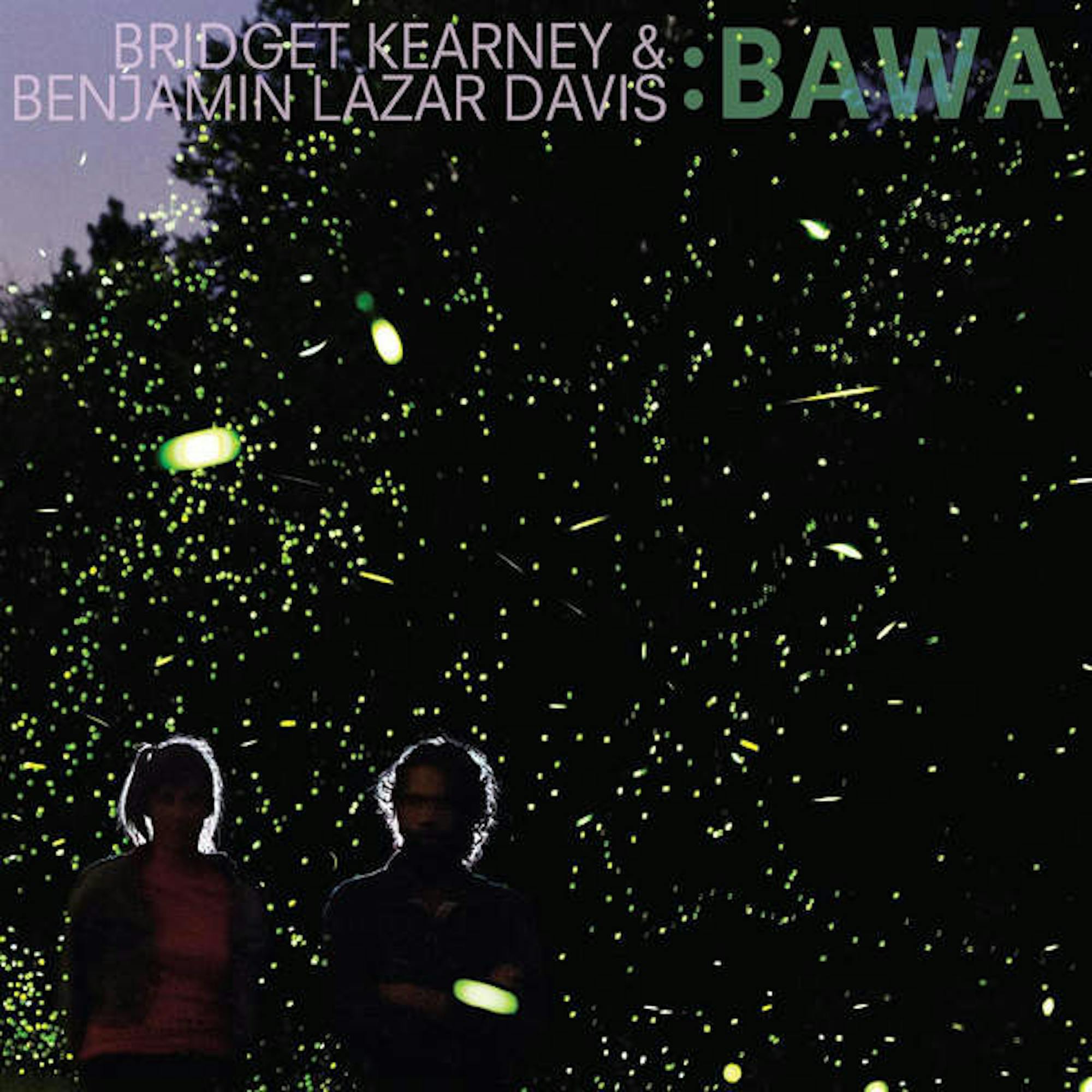Bridget Kearney and Benjamin Lazar Davis first met as students at the New England Conservatory when Davis knocked on the door of a practice room in search of new musical collaborators.Since then, the two have toured the country with indie-pop band Cuddle Magic, performed as showcasing artists at SXSW and recorded an EP together, which will be released on Sept. 18.
Entitled “Bawa,” the EP is the product of a trip that Kearney and Davis took to Ghana where they studied traditional forms of Ghanaian music with local musicians. “Bawa” is named after a style of music and dance from northwest Ghana that the duo decided to focus on during their stay in Accra. As one might expect from the title, Bawa music is a strong influence on the EP -- especially in terms of the instrumentation -- though the tracks still reflect the indie-pop that Kearney and Davis are familiar with. The result is a sound that most of their typical audience has never heard before.
In order to achieve this sound, Kearney and Davis studied West African drumming and gyil, a Ghanaian xylophone, under Ghanaian master instrumentalist Aaron Bebe. Bebe’s own compositions feature heavy use of the gyil as well as other traditional African instruments such as the Zimbabwean mbira. The buoyancy and exuberance of his music seems to have carried over well into Kearney and Davis’ EP. (With any luck, fans of Kearney and Davis will look into Bebe's own incredible work. If “Bawa” is indeed meant to be a celebration of the eponymous style of music, it would be a shame if listeners only digested the more palatable Western derivative that Kearney and Davis are releasing.)
This is not to say that “Bawa” is not a good album by its own accord. Kearney and Davis show off their stellar songwriting skills, interpreting rather than imitating the music from which they draw their inspiration. Often translating gyil patterns to guitars, the duo stays true to their stylistic origins while also branching out.
Interestingly, the musicians chose to sandwich the song-length indie tracks between excerpts of instrumental gyil music, presumably played by Kearney and Davis themselves.This enhances the eclectic feel of the album. However, it seems like these instrumental numbers are not fully fleshed out. Euphonic yet lacking structure and sophistication, they fade out after a minute or so. Thus, it is the other tracks, which fuse two distinct styles together, that are truly memorable.
The short opening track, “Firu,” is a pleasant introduction with a chorus of gyils playing catchy countermelodies. It leads into “Trojan Horse,” a dynamic number sung by Davis. With an acoustic guitar riff covering the lower register and an electric line playing the higher notes, the full spectrum of a gyil is encompassed. The staccato rhythms of the guitars, paired with reverb, emulate the melodic and percussive qualities of a xylophone. In addition to the guitars, a low, groovy bass and a backbone of mixed percussion lay down a beat that one can’t help but nod along to. All the while, Davis’ classic male-indie-rocker vocals deliver such witticisms as, “Understand my two hands can’t build Rome/Baby at least I built Greece, that’s my home.”
After “Trojan Horse” and the bounding instrumental “Sisalia” is the standout track on the album, “Slow Rider.” The very structure of the song is a playful crescendo, with more parts slowly joining the mix, dropping back out and reaching a climax by the end. Kearney’s sweet vocals and a ridiculously infectious, meandering guitar hook make the song especially striking. In the second verse, vocal harmonies and the light touch of percussion are effective in creating subtle dynamic changes. The most powerful moment in the song, though, occurs about halfway through, when a deep drum and bass combo sound simultaneously after a quiet interlude.
The final song on the EP, “Getaway,” sets listeners on the edge of their seats with tense, drawn out vocal harmonies during the verses. So, when the rich, upbeat chorus enters, its energy is all the more satisfying. This closing track sounds somehow transcendent and poignant, leaving the listener with something to think about after the EP ends.
Hopefully, the listener is thinking about looking more into traditional and popular Ghanaian music. Popular Western music can be terribly insular, and thus, music consumers aren’t often exposed to music from other parts of the world. Although "Bawa" represents Kearney and Davis' own take on Ghanian music, the EP could have a more meaningful effect than simply giving fans a watered down version of a foreign musical style. If it inspires listeners to exit their comfort zones and explore different kinds of music, the EP will be doubly successful. If not, it can rest easy on its laurels as a nuanced songwriting endeavor that will resonate with its audience.
Bridget Kearney and Benjamin Lazar Davis to release EP recorded in Ghana

The album cover of Bawa, Bridget Kearney and Benjamin Lazar Davis' new EP.





